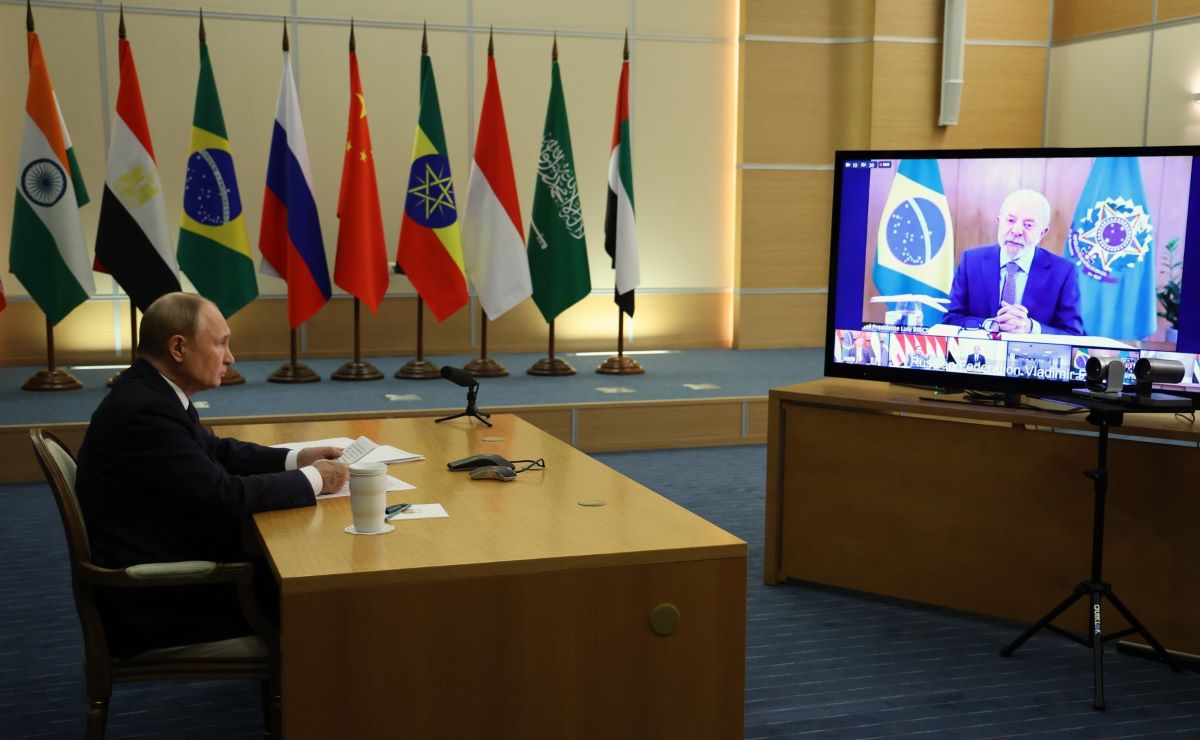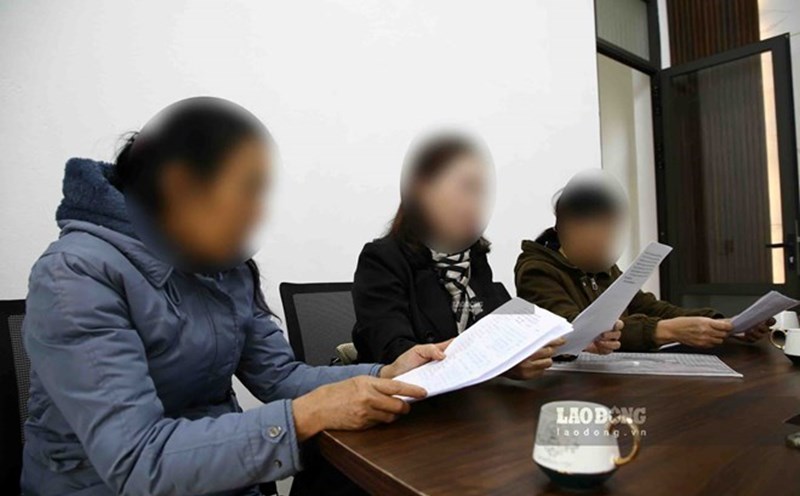The BRICS Summit was held online on September 8 amid tense global trade, as many emerging economies face tariff measures from the US.
The summit was called on the initiative of Brazilian President Luiz Inacio Lula da Silva, citing the need to deal with the escalation of unilateral trade measures.
In his speech, Mr. Lula criticized the tax as a form of economic pressure, while emphasizing that BRICS countries are becoming victims of unfair and unreasonable trade measures.
The use of tariffs as a tool of imposition is gradually becoming normal, aiming to dominate markets and interfere in the internal work of other countries, said Mr. Lula.

General Secretary and President of China Xi Jinping also warned that trade and tariff wars initiated by a number of countries have seriously disrupted the world economy, while weakening international trade rules. According to him, no country can develop in a state of self-isolation, and open cooperation is the foundation for overcoming risks together.
The online conference was also attended by Russian President Vladimir Putin, South African President Cyril Ramaphosa, leaders of Egypt, Iran, Indonesia, the UAE crown prince and the Deputy Foreign Minister of Ethiopia. Indian Prime Minister Narendra Modi was absent and sent his representative as Secretary of State.
The leaders emphasized the importance of BRICS solidarity to protect the multilateral system, enhance cooperation in trade, finance, technology and promote common development.
According to Chairman Xi Jinping, BRICS accounts for nearly half of the global population, about 30% of world GDP and 20% of global trade, possesses abundant resources, large manufacturing and open markets. The more connected we are, the better we can cope with external challenges, he affirmed.
President Lula stressed that BRICS has enough reputation to lead the process of innovating the multilateral trade system, building a more flexible and equitable trade order, serving the development needs of emerging economies.
Meanwhile, South African President Ramaphosa warned that developing countries are facing great difficulties and dangers, as trade fluctuations are directly affecting growth and peoples lives.








